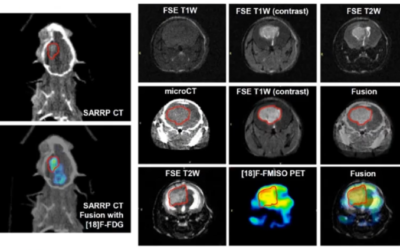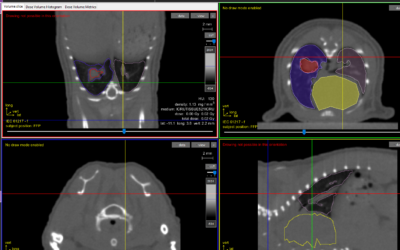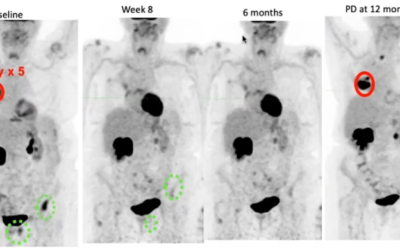The survival kinase Akt has clinical relevance to radioresistance. However, its contributions to the DNA damage response, DNA double strand break (DSB) repair and apoptosis remain poorly defined and often contradictory. We used a genetic approach to explore the consequences of genetic alterations of Akt1 for the cellular radiation response. While two activation-associated mutants with prominent nuclear access, the phospho-mimicking Akt1-TDSD and the clinically relevant PH-domain mutation Akt1-E17K, accelerated DSB repair and improved survival of irradiated Tramp-C1 murine prostate cancer cells and Akt1-knockout murine embryonic fibroblasts in vitro, the classical constitutively active membrane-targeted myrAkt1 mutant had the opposite effects. Interestingly, DNA-PKcs directly phosphorylated Akt1 at S473 in an in vitro kinase assay but not vice-versa. Pharmacological inhibition of DNA-PKcs or Akt restored radiosensitivity in tumour cells expressing Akt1-E17K or Akt1-TDSD. In conclusion, Akt1-mediated radioresistance depends on its activation state and nuclear localization and is accessible to pharmacologic inhibition.
S. Oeck, K. Al-Refae, H. Riffkin, G. Wiel, R. Handrick, D. Klein, G. Iliakis, and V. Jendrosseka.
Download Paper
SARRP Research Spotlight: Dr. George Wilson
George Wilson, PhD, Chief, Radiation Biology, William Beaumont Hospital Radiation Biology focuses on translational research in the areas of new treatments, combined modalities, and stem cell biology. The group has a heavy emphasis on incorporating molecular,...






